The recent passing of young actress Sophie Nyweide at just 24 years old sent ripples of sadness through communities that knew her work. Reports surrounding her death have mentioned an obituary referencing struggles with self-medication and trauma, suggesting a possible overdose. While respecting the privacy of her loved ones during this unimaginable time, Sophie’s tragic story serves as a somber catalyst to discuss the immense pressures, unique vulnerabilities, and systemic issues often faced by young people navigating the entertainment industry, particularly child actors.
For Gen Z and Millennials, perhaps wrestling with your own mental health or substance use challenges (dual diagnosis), seeing stories like Sophie’s can hit close to home. It underscores the urgent need for awareness, better support systems, and systemic change to protect young talent.
The Unique Pressures on Young Performers
Increased Risk: Substance Use and Mental Health Challenges
While concrete statistics specifically tracking SUD and mental health disorders exclusively in currently working child actors versus the general youth population are complex to gather definitively due to privacy and methodology, anecdotal evidence and studies on former child actors suggest a heightened vulnerability. Factors contributing to this risk include:
- Immense Pressure: Facing auditions, rejections, demanding schedules, public scrutiny, and financial pressures at a young age.
- Irregular Lifestyles: Lack of stable routines, frequent travel, inconsistent schooling, and difficulties forming stable peer relationships.
- Exposure to Adult Environments: Working alongside adults, potentially being exposed to mature themes, lifestyles, or substances prematurely.
- Identity Formation Issues: Growing up under a spotlight can complicate the development of a stable sense of self outside of one’s professional persona.
These stressors can contribute to anxiety, depression, trauma, and increase the risk of turning to substances as a coping mechanism, potentially leading to substance use disorder (SUD) alongside other mental health conditions – often referred to as dual diagnosis or co-occurring disorders.
Developmental & Attachment Disruptions
Early entry into demanding careers can significantly disrupt crucial developmental stages. Healthy attachment, typically formed through consistent, responsive caregiving, can be challenged if:
- Parents are separated due to work demands (e.g., one parent travels with the child actor).
- Non-parental figures (managers, agents, tutors, on-set guardians) become primary caregivers, but their main priorities may understandably be career advancement and financial success, potentially overlooking the child’s holistic emotional and developmental needs.
- The intense focus on career leaves less room for normal childhood experiences, play, and developing autonomy.
These disruptions can impact long-term emotional regulation, relationship patterns, and overall well-being.
Systemic Vulnerabilities: When Protection Falls Short
The Risk of Exploitation
A lack of consistent, present, and informed parental advocacy can leave child actors more vulnerable to various forms of exploitation:
- Excessive Work Hours: Violations of labor laws designed to protect minors.
- Inappropriate Environments: Exposure to unsafe or overly adult situations on or off set.
- Financial Exploitation: Mismanagement of earnings.
- Pressure to Perform Despite Distress: Being pushed to work even when mentally or physically unwell.
- Increased Risk of Abuse or Neglect: Less oversight can create opportunities for harm.
Whose Responsibility? Agencies, Management, and the Law
While agents and managers play a crucial role in career development, their primary fiduciary responsibility is often perceived as advancing the client’s career and financial interests. Questions arise about the extent of their responsibility for a minor’s overall well-being, especially mental health. Current laws (like California’s Coogan Act protecting earnings) offer some protections, but gaps may remain regarding:
- Mandatory mental health support or check-ins.
- Clearer responsibilities for on-set guardians or studio teachers regarding holistic well-being.
- Stronger enforcement of labor laws and safety protocols.
- Perhaps revisiting legal frameworks around guardianship and decision-making when a child’s career involves multiple non-parental figures in positions of influence.
Sophie Nyweide’s situation tragically highlights the potential consequences when complex needs aren’t adequately addressed within the existing system.
Supporting Loved Ones: Navigating Suspected Substance Use
Recognizing Warning Signs & The Parental Dilemma
Reports indicated Sophie’s mother believed she might be using drugs, illustrating a heartbreakingly common situation for parents fearing for their child. While recognizing general warning signs of SUD (changes in behavior, appearance, social circles, school/work performance) is important, jumping to conclusions or relying solely on intuition can be tricky. It’s a delicate balance between trusting your gut and avoiding accusatory approaches.
Families often face immense challenges:
- Enabling vs. Supporting: Unintentionally protecting the person from the consequences of their use (enabling) versus providing healthy support for recovery efforts.
- Fear and Guilt: Intense worry, self-blame, or feeling helpless.
- Lack of Knowledge: Not knowing how to intervene effectively or where to turn for reliable help.
Getting Help for Yourself
Crucially, parents and loved ones need support too. Trying to manage a loved one’s potential SUD alone is often overwhelming and counterproductive. Seeking help through:
- Therapy for Family Members: Learning coping strategies, communication skills, and boundary setting.
- Support Groups: Connecting with others facing similar challenges (e.g., Al-Anon, Nar-Anon, Parents of Addicted Loved Ones – PAL).
- Evidence-Based Approaches: Learning about methods like CRAFT (Community Reinforcement and Family Training), which teaches skills to help move a loved one towards treatment while improving the family member’s own well-being.
Getting professional guidance helps families navigate these situations more effectively than relying purely on intuition or succumbing to enabling patterns.
Moving Forward: Creating Safer Environments for Young Talent
Sophie Nyweide’s tragic death is a profound loss and a stark reminder of the vulnerabilities faced by young people, particularly those under the intense pressures of the entertainment industry. Her story compels us to look beyond the spotlight and address the systemic factors at play. We must ask critical questions and demand better solutions:
- How can the entertainment industry truly integrate comprehensive mental health support and prioritize the holistic well-being of child actors alongside career development? What specific policies need to change?
- What legal reforms are necessary to strengthen protections for minors regarding working conditions, financial security, appropriate guardianship, and access to education and mental health resources?
- How can parents be better supported and empowered to advocate effectively for their child’s needs amidst industry pressures, and maintain healthy involvement even when separated by work?
- How do we foster a culture where discussing mental health struggles and substance use is destigmatized from a young age, enabling young people to seek help without shame?
- What resources and support networks can be strengthened or created specifically for young performers and their families to navigate these unique challenges?
Honoring Sophie Nyweide’s memory requires more than condolences; it demands reflection and concrete action. By fostering open dialogue, strengthening protective measures, prioritizing well-being over profit, and providing robust support for both young performers and their families, we can strive to create safer, healthier environments and hopefully prevent such devastating losses in the future.
By Valerie T.
Resources:
- SAMHSA National Helpline: 1-800-662-HELP (4357) – For individuals and families facing mental health and/or substance use disorders.
- The Trevor Project: 1-866-488-7386 – Crisis intervention and suicide prevention for LGBTQ youth.
- Crisis Text Line: Text HOME to 741741 – Free, 24/7 crisis support.
- National Suicide Prevention Lifeline: Call or text 988.
- The Dougy Center: Resources for grieving children, teens, young adults, and their families. https://www.dougy.org
- SAG-AFTRA Foundation: Offers resources that may be helpful for performers and their families. https://members.sagfoundation.org/
- Al-Anon/Nar-Anon Family Groups: Support for families and friends of individuals with alcohol/drug problems.
- Parents of Addicted Loved Ones (PAL): https://palgroup.org/
Disclaimer: This article discusses sensitive topics related to a specific individual’s reported death and broader issues. It relies on publicly available reports and aims to foster discussion on systemic challenges, not to speculate on personal details. Please reach out to the resources above if you or someone you know needs support.


